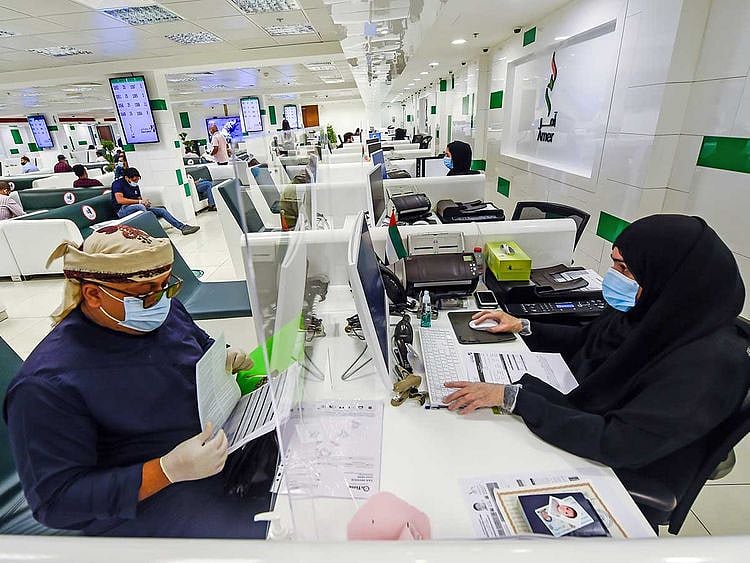A new habit we have developed nowadays is wearing the face mask. It has become a must when we venture out. And we cannot wait to get home to take it off. But now, we are being told we’d better keep the mask on — even at home.
That is the latest advice by a medical study, quoted by the CNN website over the weekend. According to the study, published by the BMJ Global Health, “wearing a mask at home was 79 per cent effective at preventing the spread of the virus.” The study says wearing masks, disinfection and social distancing in your house can prevent COVID-19 transmission.
My first reaction to the study was: It cannot come closer to living with the virus than this. But on second thought I was not sure. I think we will have to adapt to new (health) habits as the coronavirus continues to haunt the world. There will be other pieces of advice as we move on. Probably social distancing at home will be more drastic, who knows? Perhaps, health experts might soon suggest that members of the household would be better off living in separate rooms. Maybe that is an exaggeration, but just the thought of it scares the life out of me.
A few months ago, wearing a mask outside, let alone at home, was something that never crossed our minds as we went about our daily lives. We see doctors and nurses wearing them in hospitals, but that is normal. Now, not wearing a mask outside has become a taboo. “Look, that man on the bicycle is not wearing a mask,” my son told me the other day as we stopped at the traffic light, pointing to the other side of the road.
As countries move to restore ‘normal’ life, these health precautions become a de facto normal social behaviour. We cannot just ignore them because our lives and the lives of those we love may depend on them.
The economy must resume. The entire world has resigned to the fact that prolonging the pandemic containment measures, including the lockdowns, is hurting the people more than the virus. The global economy is being suffocated, and millions of people are losing jobs. Lockdowns were necessary at the beginning of the crisis to buy governments valuable time to put their health infrastructure in order. Without the stay-at-home policies, border closure and the suspension of business activities, the health facilities around the world would have collapsed because of the massive numbers of infection cases. The lockdowns were critical in slowing down the spread of the virus and allow the health sector to deal with the sick and governments to arrange for more medical facilities and manpower.
Rising rate of COVID-19 recovery cases
With the recent announcements by the UAE government and other countries, that policy has worked. Judging by the latest numbers, the rate of recovery is rising, and the death rate is declining.
However, that doesn’t mean that the pandemic will fade away anytime soon. The number of cases around the world continues to rise, especially in the designated new epicentres such as Brazil and other Latin American states. The much talked about vaccine, which we’re told is being developed by several countries, may not be ready before the end of the year. Some experts say it may not be ready for a year. Therefore, we will have to live with the threat while returning to normal life steadily. And it is resuming under new social terms that we all must accept and practise faithfully. It has clearly become our responsibility to stay safe by adapting to those new practices.
Can we ever shake hands with other people? Will we be able to sit beside each other ever as we watch a movie in a cinema house? Will we ever use cash to pay at the grocery store? What about other social behaviours we are accustomed to as human beings? At this point, no one knows the answers.
But in this new chapter of human history, there will definitely be some evolution of human behaviour, most probably towards machine-assisted practices, which we may need some time to be comfortable with. And there will be some behaviours that may disappear — like many of the ‘old-fashioned’ lifestyles that have disappeared over the past decades and centuries. Our grandfathers, for example, used to practise many simple social behaviours during their time that are no longer acceptable or viable. Societies develop new customs and behaviours as part of social evolution.
We are at war with a ruthless, invisible enemy. And during wars, people develop certain habits to stay alive. Therefore, we should not be alarmed when doctors tell us to keep our masks on even at home. It is a negligible price to pay for the sake of maintaining not just a healthy society but also a healthy economy.
Sign up for the Daily Briefing
Get the latest news and updates straight to your inbox
Network Links
GN StoreDownload our app
© Al Nisr Publishing LLC 2026. All rights reserved.
